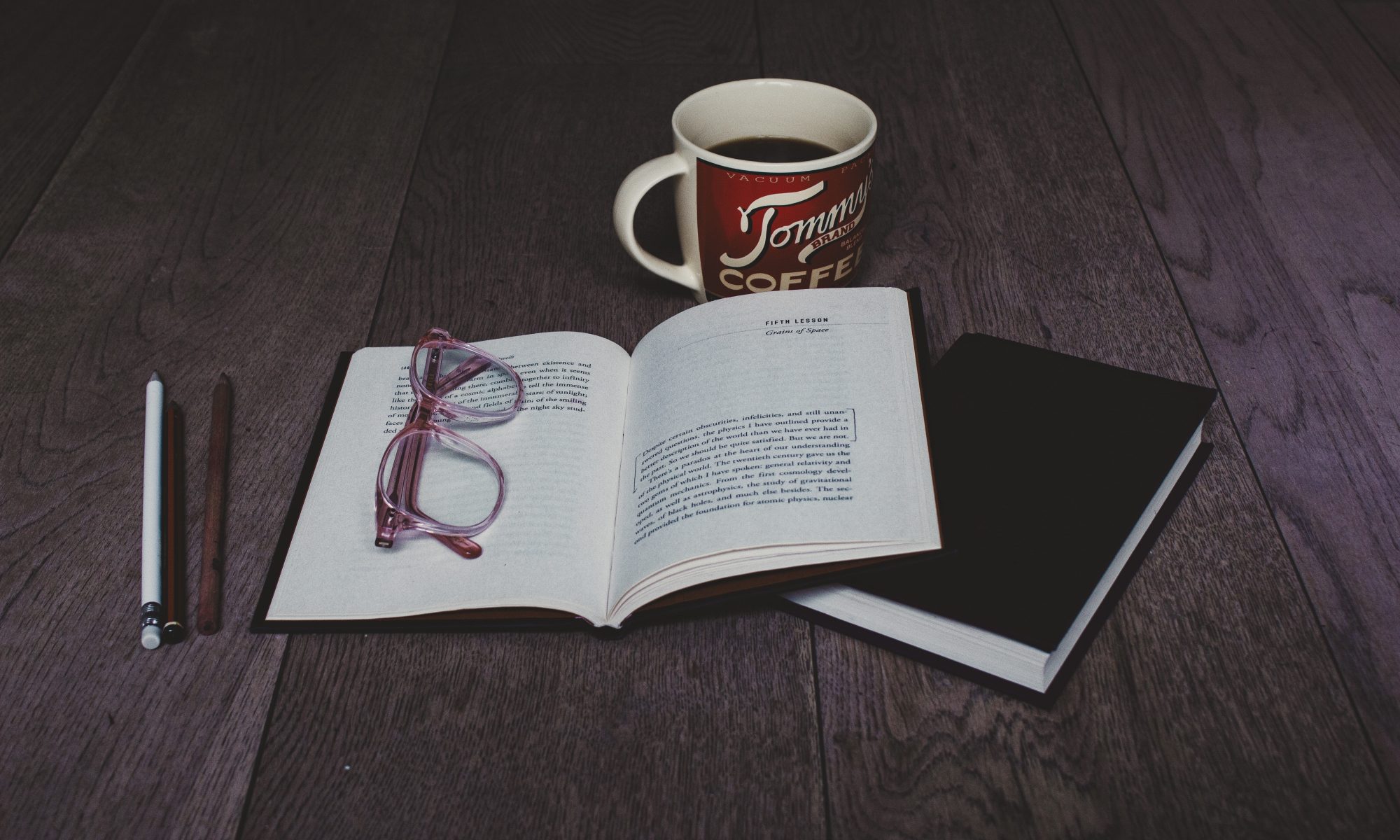My father plays the drums. He also tells stories. When I was a child, he entertained our family at dinnertime with colorful observations about playing in symphony orchestras, jazz clubs, and burlesque theaters, mesmerizing us with pitch-perfect tales about fall-down drunks, stuck-up divas, and exotic dancers with names like Irma the Body. Fantasizing about my future as a performer, I listened to the rhythm of my father’s words and dreamed that someday I’d be seasoned enough to tell a few stories of my own. But first, I had to learn a bit of piano playing, memorize hundreds of songs, and spend years negotiating the touchy social situations familiar to most musicians.
 The idea for Piano Girl: A Memoir came to me after decades of working as a solo pianist in roadside dives, plush Manhattan hotels, and European castles. Playing pleasant background music for listeners and non-listeners alike, I kept my sanity by monitoring the human comedies, tragedies, and mundane miracles drifting past the Steinway. After thirty years of scribbling notes on cocktail napkins and in journals, I began writing my book.
The idea for Piano Girl: A Memoir came to me after decades of working as a solo pianist in roadside dives, plush Manhattan hotels, and European castles. Playing pleasant background music for listeners and non-listeners alike, I kept my sanity by monitoring the human comedies, tragedies, and mundane miracles drifting past the Steinway. After thirty years of scribbling notes on cocktail napkins and in journals, I began writing my book.
With a dose of cautious optimism, I sent a Piano Girl proposal to Richard Johnston, then the senior editor at Backbeat Books. Richard, who shared my musician’s sense of humor, surprised me with a contract, an advance, and a six-month deadline.
Piano Girl received a Publishers Weekly starred review, an endorsement from BookSense, and landed feature interviews for me on All Things Considered, The Leonard Lopate Show, and NPR’s Piano Jazz with Marian McPartland. Henry Steinway sponsored a Piano Girl reading and concert at Steinway Hall; attended by the esteemed William Zinsser, whose wonderful book On Writing Well had been my desktop bible while working on Piano Girl. His hopeful smile in the audience that night cast a magic spell over the evening and soothed my jangled nerves.
Backbeat Books coordinated a book-launch cocktail party at the Waldorf Astoria. NPR taped the event, which attracted friends, industry professionals, and booksellers from all over the country. I wore an over-the-top red evening gown, played “Night and Day” on Cole Porter’s piano, and signed books. Sipping champagne, I checked out the stylish crowd swirling around the piano, stunned that my childhood fantasy had evolved into a book that people seemed to like. I never thought I would be published, much less with my first submission. But sometimes in the writing business, as in the music business, just showing up for the gig—ready and willing to give 100% —reaps huge rewards. The rosy glow of the Waldorf spotlight faded quickly, but I can still feel its warmth.
What I Learned: Memoirists suffer from the curse of too much material. Constructing a solid outline eased the selection process for me. Before I started writing, I knew exactly which stories I wanted to tell.
As a lyricist, I’ve studied the craft of setting words to music. As a memoirist, I’ve learned to work from the opposite direction, by stringing words together and finding a musical flow. Good music features well-placed moments of silence. The same can be said for writing. By revising constantly, I learned to hear the subtle rhythm of my sentences as I arranged the peculiar themes of my life into beautiful or ugly melodies that made sense. Whenever I got a phrase just right, I experienced a whoosh of elation.
The media hoopla surrounding Piano Girl stoked my ego, but it couldn’t compete with the contentment I had experienced while writing—the bliss of finding the lore of a story or discovering the musical threads connecting the chapters of my life.
Advice: Writing presents the same challenges as learning a musical instrument. There aren’t any shortcuts. You need passion, patience, and long hours of practice—every single day— until you get it right. Savor the tiny victories as they’re happening, and you win the artist’s race one step at a time. Don’t wait for the book-launch party to break out the champagne. Instead, revel in the honest victory of each well-crafted sentence. Celebrate! Remember that the joy of writing reveals itself when you make your story sing. Practice as much as you can, and you’ll find the music in your words. It’s there.
About the Author: Robin Meloy Goldsby
 Robin Meloy Goldsby is the author of Piano Girl: A Memoir; Rhythm: A Novel; and Waltz of the Asparagus People: The Further Adventures of Piano Girl. Her newest book, Manhattan Road Trip offers a collection of short stories about musicians.
Robin Meloy Goldsby is the author of Piano Girl: A Memoir; Rhythm: A Novel; and Waltz of the Asparagus People: The Further Adventures of Piano Girl. Her newest book, Manhattan Road Trip offers a collection of short stories about musicians.
Goldsby’s career as a musician has taken her from roadside dives to posh New York City venues and exclusive resorts, and on to the European castles and concert stages where she now performs. Robin has six solo piano recordings to her name—Twilight; Somewhere in Time; Songs from the Castle; Waltz of the Asparagus People; Magnolia; December; and Piano del Sol—and has appeared in the USA on National Public Radio’s All Things Considered and Piano Jazz with Marian McPartland. Robin is a Steinway Artist. Connect with her at her website.

